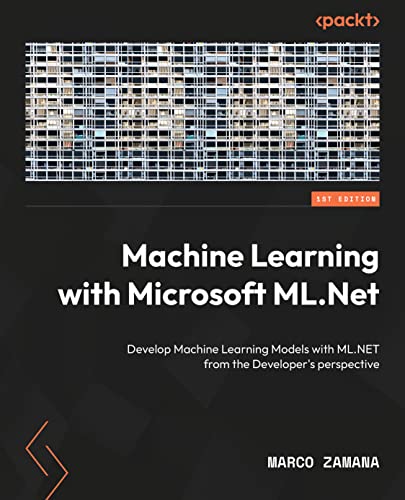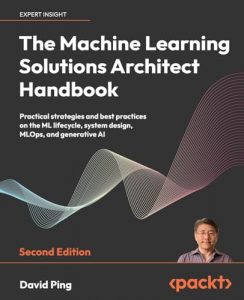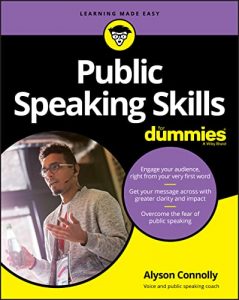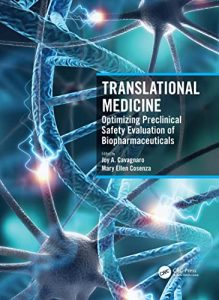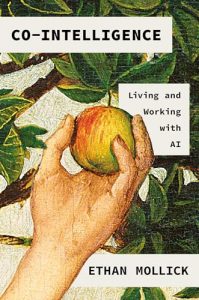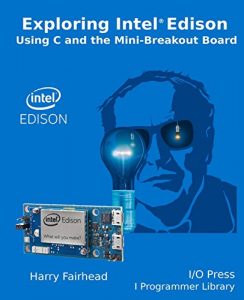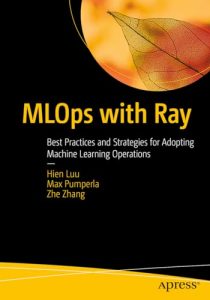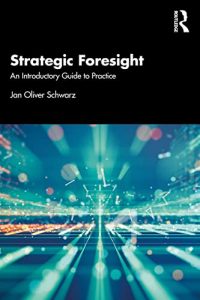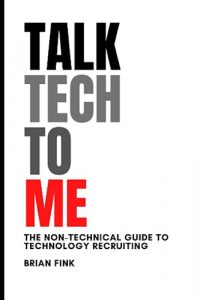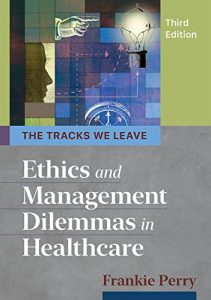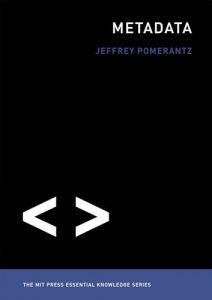1. Machine Learning with Microsoft ML.Net
Authored by Marco Zamana, this book is an invaluable resource for developers who wish to delve into the world of machine learning using ML.NET. With its clear guidance, the reader can expect to learn how to build real-world machine learning models from a developer’s perspective. The practical approach, combined with the in-depth exploration of core concepts, makes it essential reading not only for those familiar with .NET but also for anyone keen to expand their ML toolkit. It’s perfect for professionals looking to leverage machine learning within existing .NET applications.

2. Probabilistic Machine Learning: An Introduction
This comprehensive guide by Kevin P. Murphy is part of the Adaptive Computation and Machine Learning series. It serves as a critical resource for those looking to understand the statistical foundations of machine learning. The book dives into probabilistic models and inference, which are at the heart of many advanced machine learning algorithms. Covering both theory and practical applications, it is brilliant for data scientists and aspiring ML practitioners who want a robust understanding of how to handle uncertainty in machine learning tasks.

3. Hands-On Machine Learning with ML.NET
By Jarred Capellman, this book is an excellent starting point for developers looking to implement popular machine learning algorithms in C#. It offers hands-on projects and practical examples that guide readers through key concepts, making learning engaging and effective. What sets this book apart is its focus on usability and accessibility, which allows even newcomers in the field to build their confidence and skills quickly. If you’re eager to harness the power of ML.NET, this book is your essential companion.

4. Introduction to Machine Learning with Python
Andreas C. Müller and Sarah Guido present a stellar introduction to machine learning tailored for data scientists. This book emphasizes a hands-on approach using Python, providing you with practical insights into the implementation of machine learning algorithms. With its approachable style and practical examples, it is perfect for those who seek to understand the entire ML workflow—from data processing to model evaluation. If you’re venturing into data science with Python, this book should be at the top of your list.

5. The Machine Learning Solutions Architect Handbook
David Ping’s insightful handbook offers practical strategies for anyone involved in the ML lifecycle or system design. This resource doesn’t just stop at theory; it delves into best practices for MLOps and generative AI. Understanding the architecture and deployment of machine learning solutions is essential for every professional in the field, and this book provides a structured pathway to mastering these areas. Whether you’re an architect, engineer, or executive, the insights offered here will prove invaluable in navigating the complexities of ML systems.

6. Scaling Machine Learning with Spark
Authored by Adi Polak, this book provides a revolutionary perspective on distributed machine learning using popular frameworks like Spark and TensorFlow. For anyone dealing with vast datasets, the ability to scale ML applications is crucial, and this book equips you with the knowledge to harness these technologies effectively. The strategies presented within are not just theoretical; they include practical application scenarios that make it an essential read for practitioners aiming to optimize their ML processes in a distributed environment.

7. AI and Machine Learning for Coders
Laurence Moroney’s guide focuses on providing coders with essential tools for building AI applications. Unlike many texts that require extensive background knowledge in data science, this book demystifies AI and machine learning for programmers. It emphasizes a pragmatic approach, demonstrating real-world coding examples and practical implementations. If you’re a coder looking to break into AI and machine learning, this book offers the perfect entry point to start building your own intelligent applications.

8. Effective Machine Learning Teams
This collaborative work by David Tan, Ada Leung, and David Colls presents best practices for building high-performing teams in the domain of machine learning. The book explores how to effectively collaborate, communicate, and leverage diverse skills to enhance productivity and outcomes. It’s a crucial read for ML managers and team leaders, underscoring the importance of culture, collaboration, and efficiency in delivering machine learning projects successfully. Don’t miss out on insights that can significantly transform your team’s performance.

9. Reliable Machine Learning
In this enlightening read, Cathy Chen and her co-authors bring forward the SRE principles and apply them to machine learning in production. This book is essential for anyone involved in deploying ML systems, providing a comprehensive overview of how to maintain reliability in operational settings. The concepts discussed will benefit data scientists and ML engineers who face production challenges, ensuring robust system performance while minimizing risk. Trust us; this book is a much-needed guide for navigating ML reliability.

10. Machine Learning Engineering with Python – Second Edition
Andrew McMahon’s second edition of this book adeptly guides readers through the lifecycle management of machine learning models using MLOps. With practical examples, it provides essential methodologies for transitioning from model development to deployment and monitoring. Whether you’re an ML engineer, data scientist, or an IT professional, the skills and practices laid out in this book are critical to ensure successful machine learning integrations. It’s a brilliant resource for anyone serious about mastering ML engineering.


